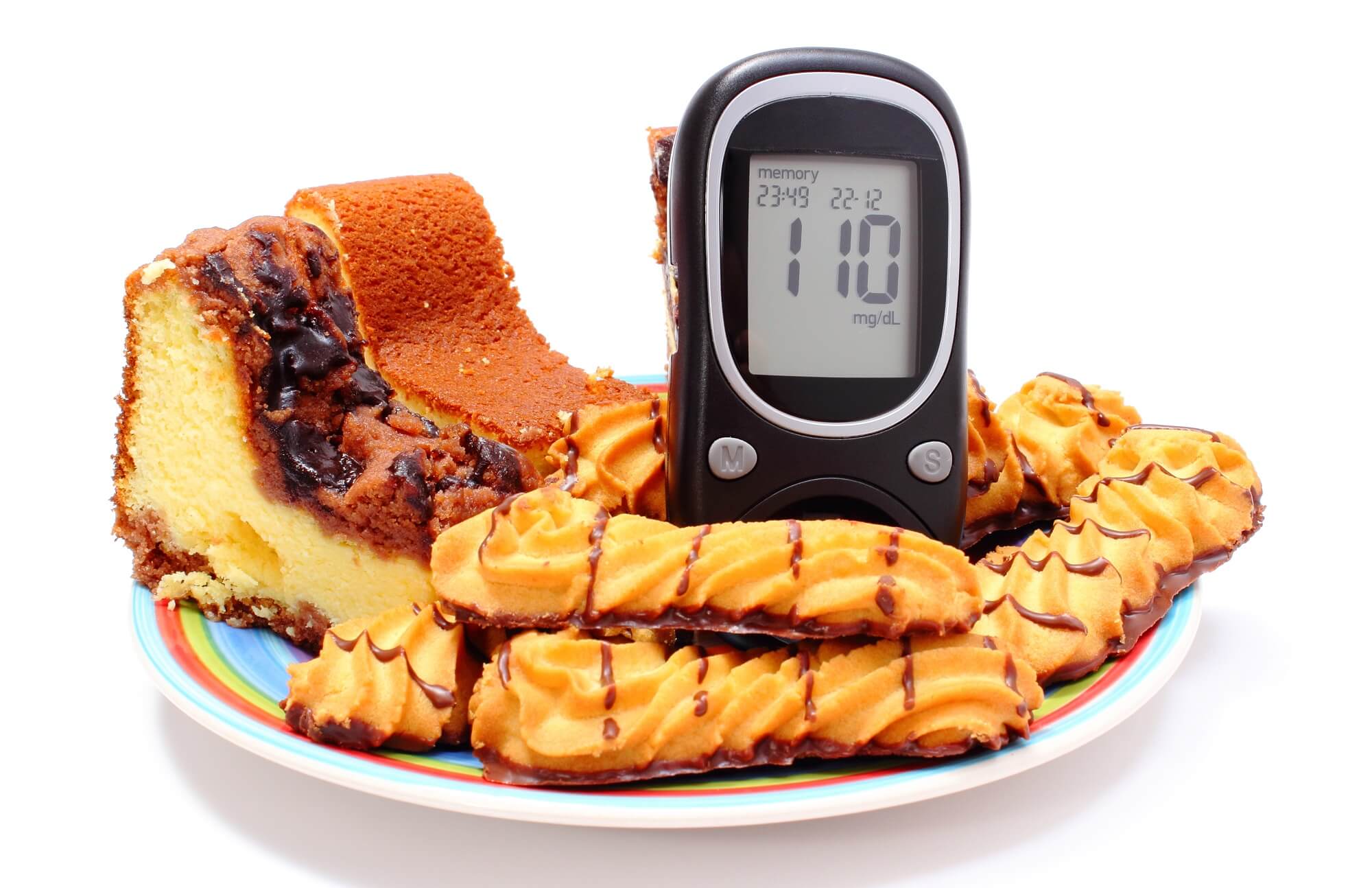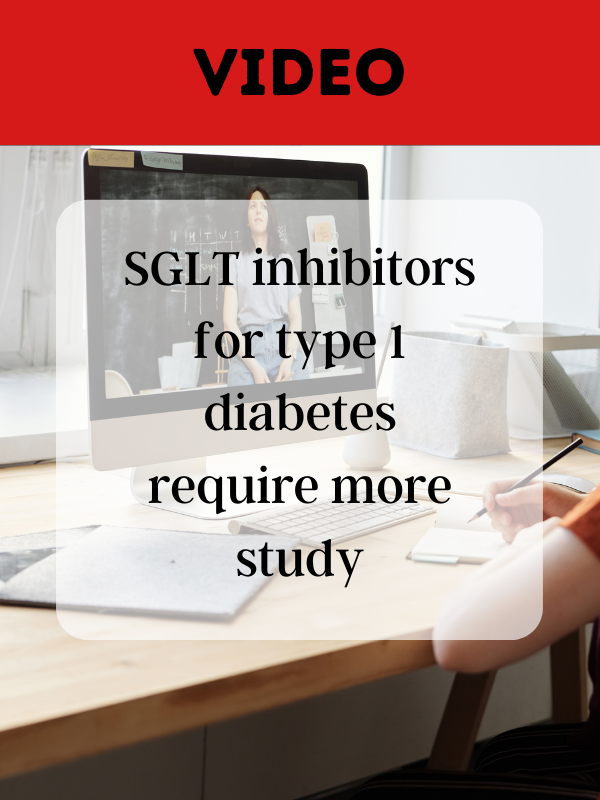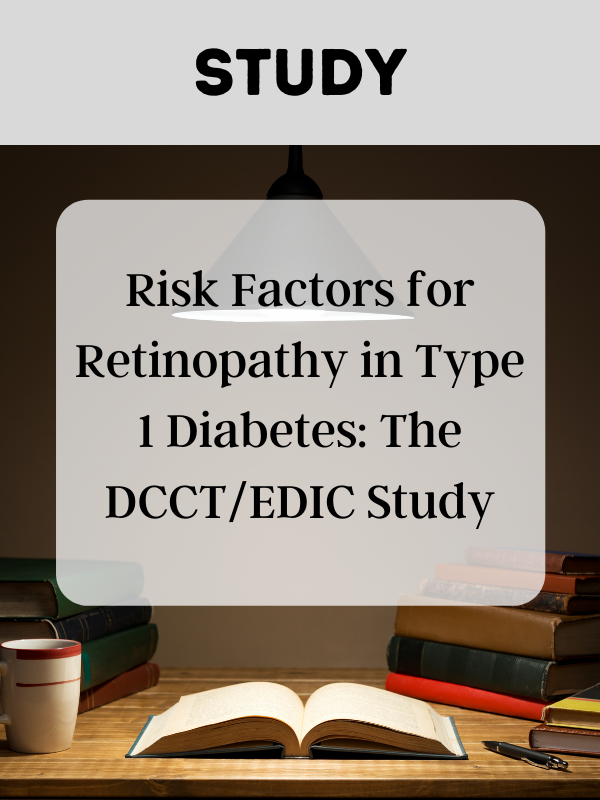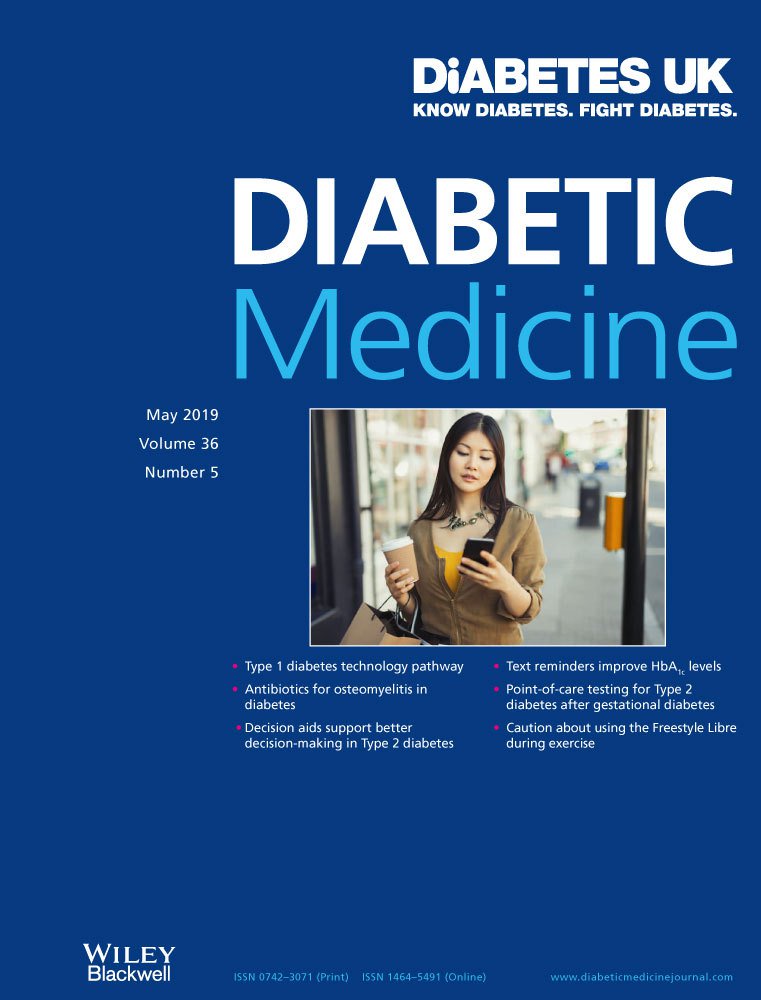
Individuals who tend to experience negative affect and diabetes distress before eating are at increased risk for objective binge eating at an upcoming meal.

Individuals who tend to experience negative affect and diabetes distress before eating are at increased risk for objective binge eating at an upcoming meal.

In this video exclusive, Mohammad El-rifai, MD, an endocrinologist at Cheyenne Regional Medical Center, describes the benefits and risks of using SGLT inhibitors in type 1 diabetes.
Source: VIDEO: SGLT inhibitors for type 1 diabetes require more study

Metformin might improve whole-body and peripheral insulin sensitivity in overweight/obese adolescents with type 1 diabetes.

The Diabetes Control and Complications Trial (DCCT) demonstrated that intensive therapy reduced the development and progression of retinopathy in type 1 diabetes (T1D) compared with conventional therapy. The Epidemiology of Diabetes Interventions and Complications (EDIC) study observational follow-up showed persistent benefits. In addition to glycemia, we now examine other potential retinopathy risk factors (modifiable and nonmodifiable) over more than 30 years of follow-up in DCCT/EDIC.
Source: Risk Factors for Retinopathy in Type 1 Diabetes: The DCCT/EDIC Study

Management of type 1 diabetes (T1D) is labor-intensive, requiring multiple daily blood glucose measurements and insulin injections. Patients are seen quarterly by providers, but evidence suggests more frequent contact is beneficial. Current technology allows secure, remote sharing of diabetes data and video-conferencing between providers and patients in their home settings.

A 50% to 80% basal rate reduction performed 90 minutes before beginning exercise will improve open-loop glucose control and decrease the risk for hypoglycemia during exercise in individuals with type 1 diabetes.

Aim: To evaluate the association between skin advanced glycation end products and insulin resistance in Type 1 diabetes.

A new method of identifying warning signs of type 1 diabetes earlier may pave the way for methods that might prevent the condition from developing. US scientists from Stanford and the University of California, San Francisco (UCSF) say they can identify antibodies indicative of type 1 diabetes much earlier than traditional testing.
Source: Microchip could identify type 1 diabetes faster than current diagnostic methods

Investigators examine characteristics associated with disordered eating behaviors in teenagers with type 1 diabetes.
Source: Predictors of Disordered Eating Behaviors in Teens With Type 1 Diabetes – Endocrinology Advisor

Adults with type 1 diabetes are more likely to develop cerebral small-vessel disease, and cerebral micro-bleeds, in particular, than those without diabetes, according to findings published in Diabetes Care. “Type 1 diabetes is associated with a fivefold increased risk of stroke, with cerebral small-vessel disease (SVD) as the most common etiology.”
Source: Type 1 diabetes raises risk for cerebral small-vessel disease